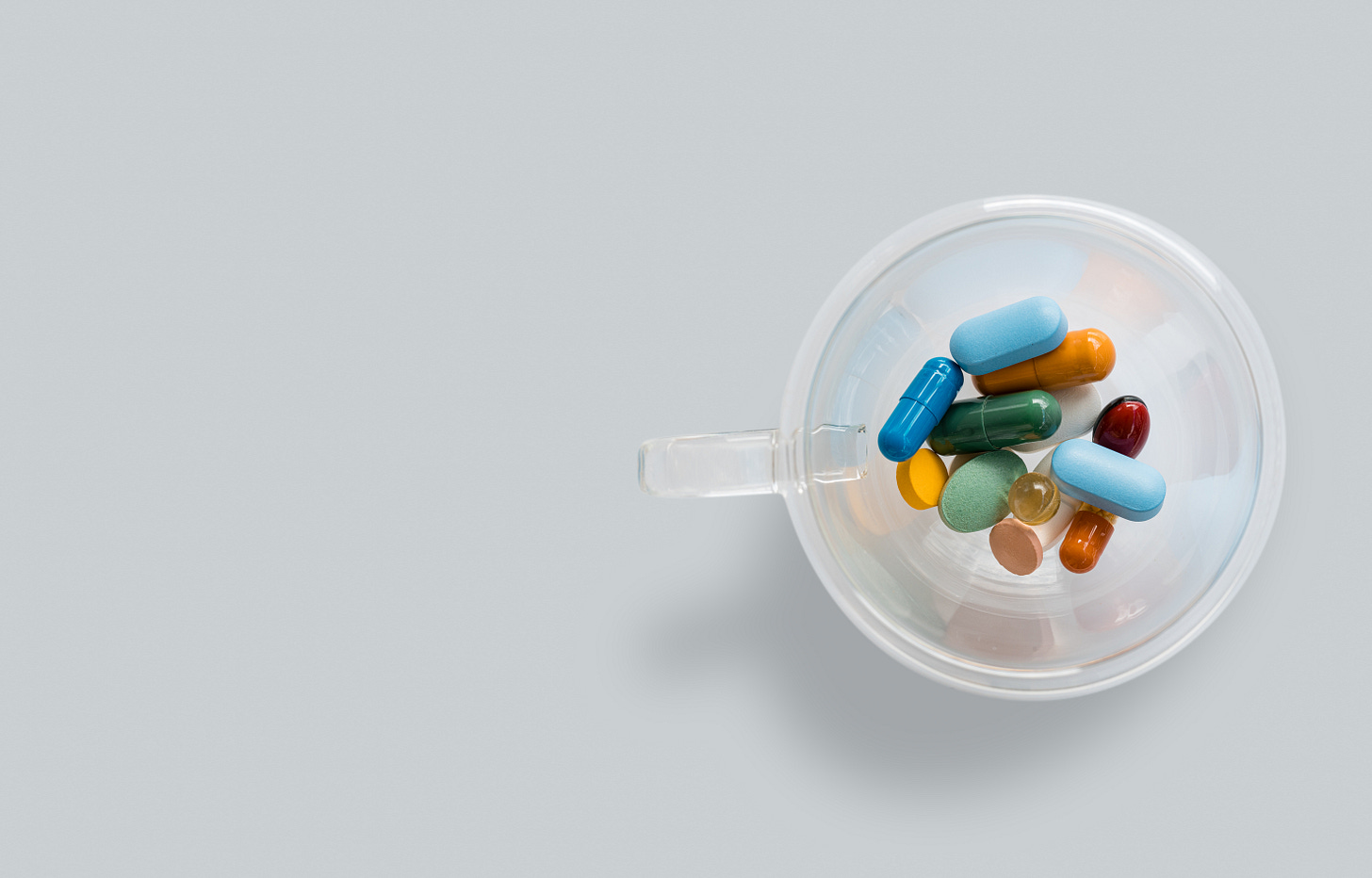Treating Covid-19: breakthrough and controversy
Cheap, slick, and contentious contenders claim the spotlight.

Photo by Adam Nieścioruk on Unsplash
The Worldwise View
After months of speculation and intense scientific work to come up with treatments for Covid-19, we’re starting to see frontrunners and controversies come to light.
With a vaccine still out of reach and many months away if it happens (scroll down for a summary of the latest), finding a drug that works would be a huge step forward—even if it just improves the chances of survival.
The latest news is on what is being widely reported as a breakthrough from the UK. It’s one of three treatments that have been making headlines recently.
A cheap steroid
This really grabbed everyone’s attention this week: results from a large trial suggest that a cheap and widely available drug called dexamethasone can help save the lives of seriously ill patients (BBC + NYT). It reportedly reduced the risk of death for patients on ventilators by a third. The Economist says the drug is set to become standard for care in the British health system.
But all this is based on a statement—the data behind it has yet to be published or peer reviewed. There’s a well balanced analysis in MIT Tech Review which points this out. Others go further, expressing scepticism until that data is made available for independent scrutiny. The WHO has called it preliminary and welcome news.
More will surely follow. But it sounds hopeful. And who doesn’t need that right now?
A slick antiviral
Meanwhile, for several weeks those hopes seemed to be hanging on the antiviral Remdesivir. It’s had a fair bit of attention, which you’ll find in previous posts like this one, for a modest benefit to seriously ill patients. It has already been approved for emergency use in the UK and in the US, and endorsed in Australia.
But could hype have something to do with it? Treatment with a combination of three generic drugs has shown better results, according to this report, which argues that the difference in airtime comes down to marketing.
A contentious antimalarial
You may have missed it, but the world of science has been busy getting to grips with a saga over the antimalarial drug hydroxychloroquine that first hit the headlines when President Trump pushed it as a ‘cure’ for Covid-19.
Soon after, a study published in The Lancet suggested using the drug could be dangerous, validating existing concerns—and the WHO proceeded to halt clinical trials over safety fears (MIT Tech Review + BBC).
But then it all started to unravel. The study that raised safety concerns was questioned by more than a 100 researchers, leading to an investigation that uncovered a dubious company behind the data (Guardian + Science).
Along with a study published in a different medical journal, it ended up being retracted (NYT + STAT + Science + Nature). The WHO reversed its decision to stop the clinical trial underway to test the drug.
Those weren’t the only studies on the drug—other research has also suggested hydroxychloroquine is not effective (Vox + WaPo + Telegraph + Science). The US agency responsible for approving medical products has since revoked emergency authorisation for its use (NYT + WSJ). And the latest news is that the WHO has (again) dropped it from its large study, this time on the basis of lack of effectiveness.
Though some countries still aren’t convinced: Brazil has had the drug shipped over from the US, and earlier this month India reportedly said it would go ahead to expand its use.
When all’s said and done, it’s a controversy that could damage public trust in science.

Photo by Haley Lawrence on Unsplash
More treatments in the running
Another drug shows early promise by appearing to cut down the chances of dying by almost half - MIT Tech Review
Treatments with plasma from recovered patients are showing some benefit in early studies - Science + MIT Tech Review
Avifavir, a drug made in Russia, has been approved by the country after it was shown to shorten recovery times - CNBC
A version of the anti-inflammatory drug Ibuprofen is being tested too - BBC
What about vaccines?
This is a rundown of the main candidates and their shortcomings - Lancet
You can keep track of all candidates here - NYT
First results from phase-I trials of two vaccines don't show a promising immune response - C&EN + Nature Biotech
On that note, even less encouraging are studies that cast doubt on long lasting immunity after infection - Euronews + NYT
A small study underway in Cape Town is looking to repurpose an old TB vaccine, but faces criticisms for failing to protect participants - Bhekisisa
The elderly will probably benefit less from a vaccine - Medium OneZero
In other health news…
A method is being developed to transport vaccines without a need for cooling, which is a major obstacle for getting them to remote parts of the world - Scientific American
New data contributed by a record number of countries reveals ‘disturbing’ rates of antimicrobial resistance - WHO
There’s no link between two ongoing Ebola outbreaks in the Democratic Republic of the Congo - WHO Africa
Worldwise is written by Anita Makri.
Was this forwarded to you? Learn more and sign up here.



